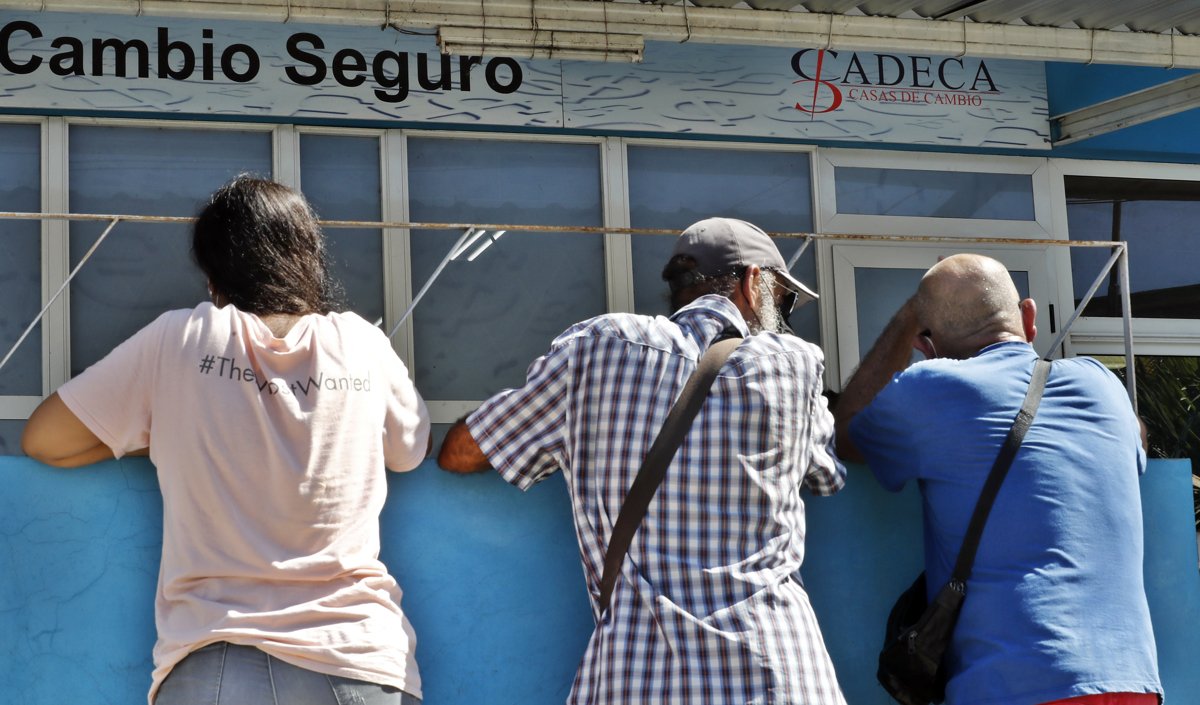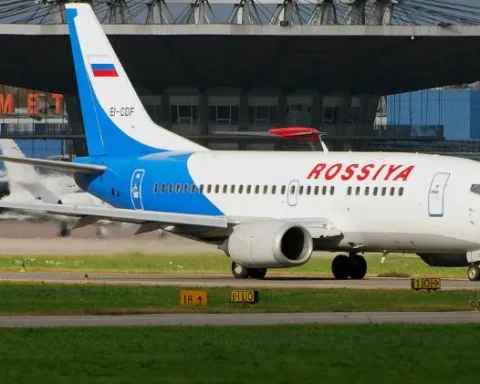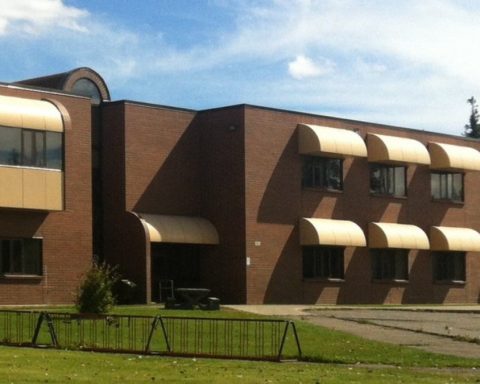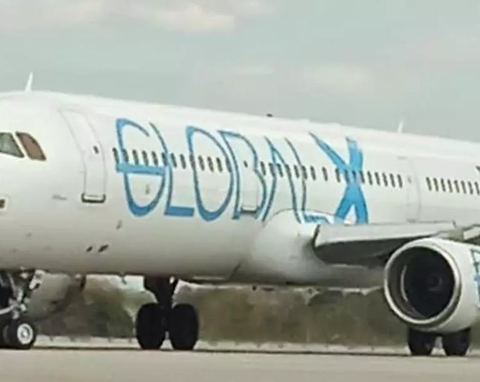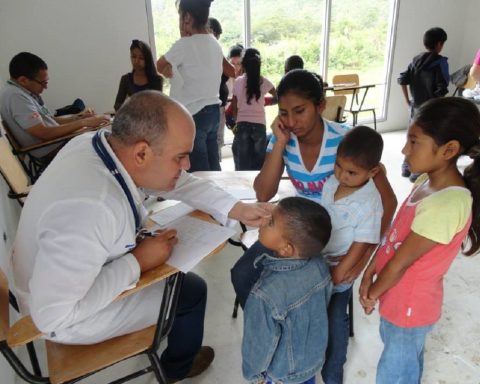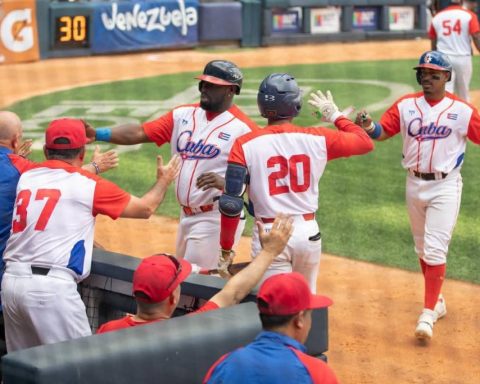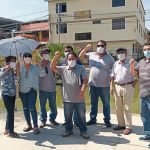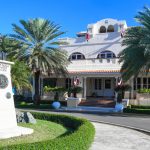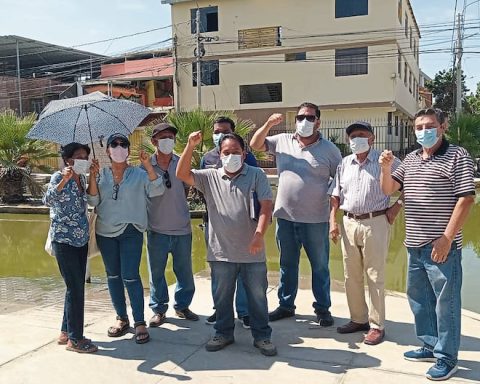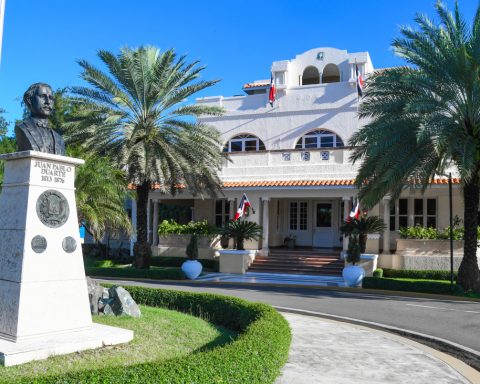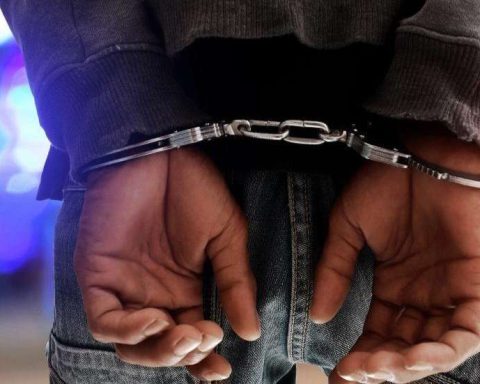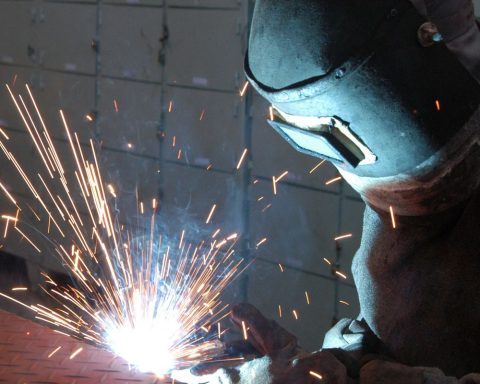Lázaro, 57, kisses and crosses himself with a 100 bill Dollars inside an exchange house in Havana as a sign of victory and before the astonished look of the workers: “I’ve been waiting since 3:00 in the morning,” he tells EFE.
This baker, as well as many Cubans, can buy foreign currency from the State starting this Tuesday, including the US bill.
The measure —which applies only to natural persons and can only be in cash— was announced the day before by the Minister of Economy, Alejandro Gil, on state television.
The news spread like wildfire and soon people flocked to the 37 official exchange houses (known as CADECA) that have been authorized for operation throughout the island. In Havana there are only six.
?Updating of the offices that will offer the service of sale of Freely Convertible Coins in the offices of #CADECAIn the case of the special municipality of Isla de la Juventud, it will be the Banco Popular de Ahorro.@BancoCentralCub @mesaredondacuba @cubadebatecu pic.twitter.com/YCMjw5kMbm
– Official CADECA (@cadecaoficial) August 23, 2022
Lázaro is in one of them and, despite having arrived very early in the morning, he had “shift 37”. CADECA opened at 8:00 local time (12:00 GMT).
The line reaches the corner of the street and turns halfway to the other under a strong Havana summer sun.
Icela, 57, has shift number 51 and has been sitting on the sidewalk waiting since the store closed. The premises will close at 4:00 in the afternoon.
“It is insufficient”
According to the measure announced by the Government, there is a cap per person per day of 100 US dollars or the equivalent amount in another international currency.
For Icela, this limit “is insufficient”, but she understands that this is due to the lack of foreign currency that the State has and that it cannot offer more.
Since the beginning of August, the Government of Cuba has been buying international currency —but until today it has not sold it— at an exchange rate of 120 Cuban pesos (CUP) per greenback, a rate very similar to that of the sale.
Until then, the official rate was 24 CUP for every US dollar, a rate that is maintained for companies and state agencies.
The commercial operation initiated this Tuesday will have a commercial margin of between 3 and 6%.
The Minister President of the Central Bank of Cuba (BCC), Marta Sabina Wilson, clarified on television that this exchange market also has another “limit”: State sales will depend on previous purchases.
“We have been preparing this process since the previous week. For us it is a satisfaction because (this) was something that people wanted », he tells EFE Sandra Castro Peñalver, deputy director of service at a CADECA in the capital.
There is a bit of everything in line, but most people say that they buy foreign currency “to travel”.
Others, like Lázaro, assure that they plan to use the dollars to deposit them in freely convertible currency (MLC) accounts, a Cuban virtual currency that is only used to buy in certain state stores, the most widely stocked today.
In reality, this is still not possible, as the Economy Minister himself described the night before, due to Cuba’s veto of the use of the dollar as a result of the US embargo.
In a second stage, natural persons will be able to buy foreign currency in banks and through bank accounts. It is also planned that the number of exchange points will be expanded later.
lack of foreign exchange
The State tries to put a stop to a black market in which, today, the exchange rate is around 138 CUP per dollar and does not have a limit per day as it does in official exchange houses.
Cuba imports 80% of the goods it needs, according to the United Nations, and the current problem of shortages that the country suffers is due in part to the shortage of currency of the Cuban State, which maintains a monopoly on foreign trade.
Yesterday, the Economy Minister stressed the “importance” of setting up the foreign exchange market, because in this way the Government has been able to access foreign currency “that was not entering the national financial system.”
In this sense, the president of the BCC pointed out that since August 4, “ten times more foreign currency” has been captured than in a full month at the previous exchange rate.
“This new exchange rate encourages people to sell to the financial system,” he added.
Wilson stressed that the ultimate goal is to move toward a “single change in the economy.”
The Cuban State had not bought and sold dollars since October 2004, when it was officially replaced by the CUC, a substitute for the US bill that disappeared in early 2021.
